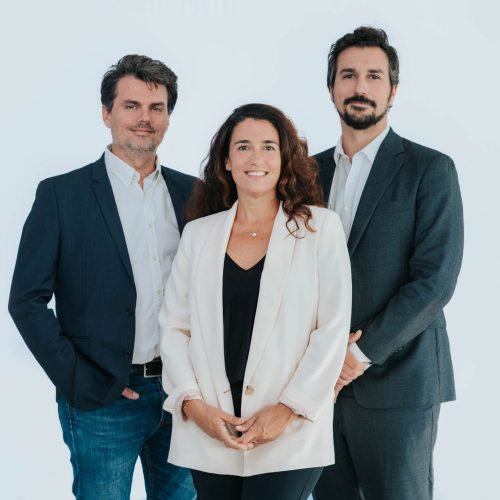Onet Spain teams on the job to manage infectious risk waste from hospitals
Since the start of the health crisis, Onet's Ciudades Division in Spain has redoubled its efforts to ensure the cleanliness of the country's 24 hospitals and 250 nursing homes. It is responsible for the management of infectious healthcare waste (DASRI) for several of these hospitals in the Castilla y Léon region.
- - Onet Spain
Dedicated teams trained in infectious waste management protocol
The collection and management of infectious waste is subject to strict government protocols, such as ensuring that direct contact with the waste is kept to a minimum. To this end, Onet has provided the hospitals with large-capacity (800-liter) street furniture containers, enabling the bags to be transported and unloaded without ever touching them.
All our operatives are trained in the techniques of the trade, and are provided with appropriate equipment such as visors, giving them greater mobility to carry out their tasks in strict compliance with protocols.
Adapting and reacting to the increase in bio-sanitary waste
Prior to the Covid-19 pandemic, teams managed an average of 3.2 tonnes of bio-sanitary waste. Since the start of the health crisis, 12 tonnes of waste have been processed daily, with peaks of up to 14 tonnes.
" In the region's ten largest hospitals, we collect them every day. In the others, every other day," explains Carlos Martínez Téllez, Ciudades Division Manager.
This sharp increase in activity has led our teams to adapt to the specific protocols for infectious waste management. The subsidiary has therefore bolstered its staff by welcoming 14 new drivers and acquiring additional rental trucks.
Secure routing and destruction of contaminated residues
So, in "less than 24 hours", 25 Onet Ciudades agents remove the containers and replace them with new, disinfected, empty ones, and ensure that they are transported to the Medina del Campo and Hibisca processing plants, where they are sterilized, crushed and then transferred to an authorized landfill. They are then buried without any risk of contamination.
#THANKS TO ALL
"First of all, I'd like to thank all our agents for their involvement and mobilization. Our protocols enable them to work in optimal safety conditions. We are the last link in the chain of action against Covid-19, transporting infected waste to the landfill where it is disposed of."
Carlos Martínez Téllez, Ciudades Division Manager




